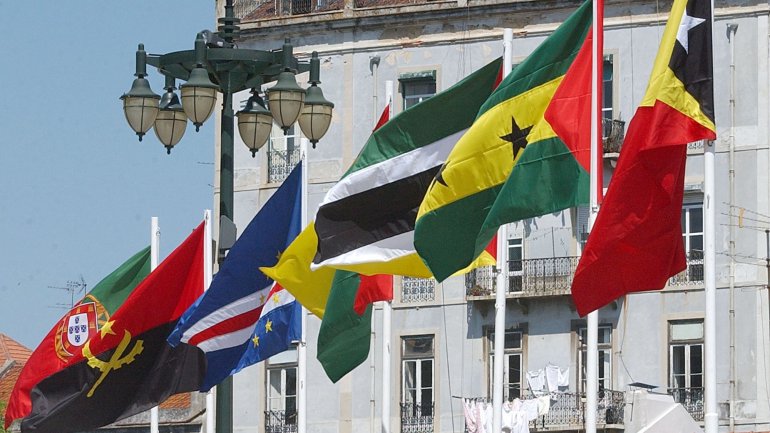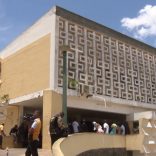Portuguese experts train 252 Mozambican doctors in diabetes diagnosis, treatment
CPLP: Perception of public sector corruption improves in five countries, worsens in three – Transparency International

File photo: Lusa
Perception of corruption in the public sector improved in five Portuguese-language countries, worsened in three, Mozambique, Portugal and Equatorial Guinea , and stayed the same in Cabo Verde, according to the 2020 Corruption Perceptions Index(CPI), released on Thursday by Transparency International (TI).
The highest rises were recorded by Brazil, which with 38 points climbed 12 places from 106 to 94, and East Timor, which scored 40 points and a rise from 93 to 86, indicates the 2020 edition of the index that evaluates the perception of corruption in the public sector of 180 countries, scoring them from 0 (perceived as very corrupt) to 100 (perceived as very transparent).
Angola went from 26 to 27 points, which earned it an increase of four places on the list, now ranking 142 (146 in 2019), and making progress for the third consecutive year.
In the same direction, Guinea-Bissau gained one point and climbed three places, from 168 to 165.
Sao Tome and Principe climbed from 64 to 63 and gained 47 points, while Cabo Verde remained in 41st position with 58 points after climbing from 45 in 2019.
The country consolidated its position as the third highest ranked country in sub-Saharan Africa after the Seychelles (66 points) and Botswana (60 points), which occupy positions 27 and 35 respectively in the index.
Cabo Verde and Sao Tome and Principe continue to score above the average of sub-Saharan African countries (32 points), the region with the worst performance in the CPI, and the overall average of 180 countries (43 points).
Mozambique lost one point, from 26 to 25, and dropped three positions, from 146 to 149, after climbing 12 positions last year.
Portugal lost one point from 62 to 61 and fell from 30 to 33.
Equatorial Guinea held on to 16 points from the previous index but lost one place to 174 out of 180 countries on the list.
Transparency International’s Corruption Perception Index, created in 1995, is one of the world’s leading indicators of the perception of corruption in the public sector of 180 countries.
The index reflects the perception of experts and business people, not the general population.
Overall, Denmark and New Zealand share the top of the table with 88 points, followed by Finland, Singapore, Sweden and Switzerland with 85.
Syria (178), Somalia (179) and South Sudan (180) occupy the bottom of the table, with 14 and 12 points respectively.
This year’s report highlights the impact of corruption on government responses to Covid-19 by comparing countries’ performance with their investment in health care and analysing the extent to which democratic norms and institutions were weakened during the pandemic.
Countries that perform well on the index have invested most in health care, have proven to be more capable of providing universal health coverage and less likely to violate democratic norms and institutions or the rule of law.
” Covid-19 is not just a health and economic crisis. It is a crisis of corruption that we are currently failing to manage,” said Delia Ferreira Rubio, president of Transparency International.
“Last year tested governments like no other and those with higher levels of corruption have been less able to meet the challenge. But even those at the top of the index must urgently address their role in perpetuating corruption at home and abroad,” she added.
By region, Western Europe and the European Union maintain the highest average with 66 points, and sub-Saharan Africa, with 32 points, remains the lowest ranked region, followed by Eastern Europe and Central Asia with 36 points.
Two thirds of the 180 countries surveyed scored below 50 points, with the average for all countries at 43 points.
Twenty-six countries improved their scores from the previous index and 22 worsened.












Leave a Reply
Be the First to Comment!
You must be logged in to post a comment.
You must be logged in to post a comment.